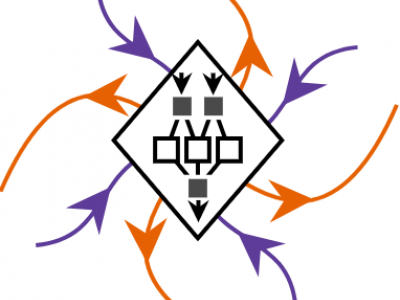optimal control
Biomechanics has predominantly relied upon the trajectory optimization method for the analysis and prediction of the movement of the limbs. Such approaches have paved the way for the motion planning of biped and quadruped robots as well. Most of these methods are deterministic, utilizing first-order iterative gradient-based algorithms incorporating the constrained differentiable objective functions.
- Categories:
 133 Views
133 Views
Distribution grids are experiencing a massive penetration of fluctuating distributed energy resources (DERs). As a result, the real-time efficient and secure operation of distribution grids becomes a paramount problem. While installing smart sensors and enhancing communication infrastructure improves grid observability, it is computationally impossible for the distribution system operator (DSO) to optimize setpoints of millions of DER units.
- Categories:
 90 Views
90 ViewsWe study the ability of neural networks to steer or control trajectories of dynamical systems on graphs, which we represent with neural ordinary differential equations (neural ODEs). To do so, we introduce a neural-ODE control (NODEC) framework and find that it can learn control signals that drive graph dynamical systems into desired target states. While we use loss functions that do not constrain the control energy, our results show that NODEC produces control signals that are highly correlated with optimal (or minimum energy) control signals.
- Categories:
 639 Views
639 Views
When batteries supply behind-the-meter services such as arbitrage or peak load management, an optimal controller can be designed to minimize the total electric bill. The limitations of the batteries, such as on voltage or state-of-charge, are represented in the model used to forecast the system's state dynamics. Control model inaccuracy can lead to an optimistic shortfall, where the achievable schedule will be costlier than the schedule derived using the model.
- Categories:
 548 Views
548 Views
